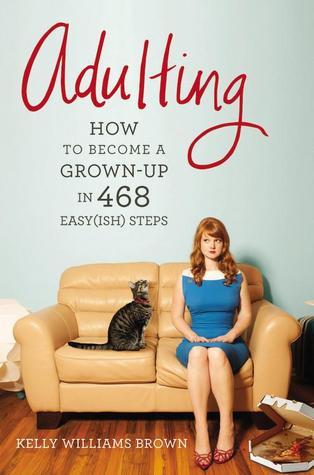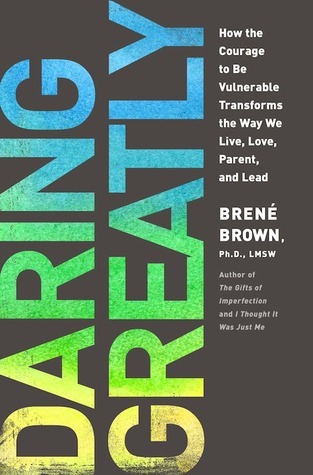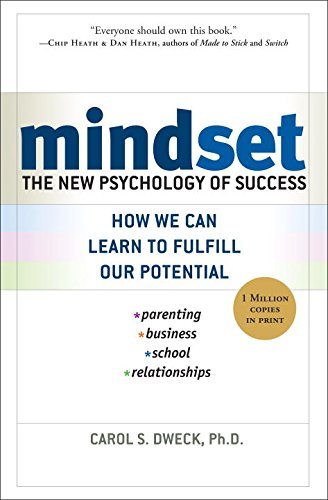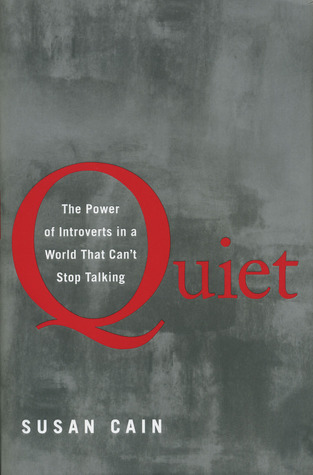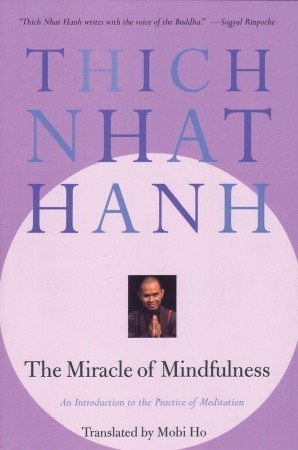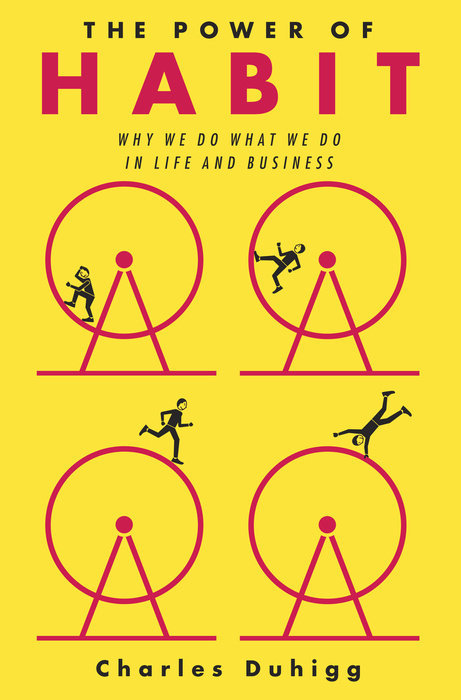When I was a student at Cal Poly, I met this stranger in a park. She was a tall Russian American with a thick accent and probably in her early to mid-20’s. She was this lively character who was full of life. I initially thought she was part of Cal Poly’s QL+ club’s barbecue meet-up because she was hanging around with some of the club members I recognized (QL+ stands for quality of life plus, which focuses on bettering the lives of veterans , providing engineering solutions. Cal Poly has a dedicated space for this organization and I highly recommend you check it out). It took me over 30 minutes of talking and hanging out with her to realize she wasn’t a student at all. She was a vagabond.
She was on a trip from South America, hitchhiking and drifting about. Her plan for the upcoming winter was to eventually go back home to Portland, Oregon so that she could be with family for the holidays. Her travels led her places all over the world with ambitions to go to Southeast Asia. Her budget was limited, and she would take up odd jobs wherever she went.
As I listened to her stories, I reflected on my own life goals and where I was headed. I tried to dream big, yet I felt encapsulated, pretended the life I wanted was to have a stable job, playing it safe with risks, and only experience vacations by tour bus. But she was this beacon of inspiration of wild and unknown.
And in a way, I had this spirit to travel before. I had just joined Couchsurfing a few months prior, surfing for the first time in the Pacific Northwest. I was in the midst of planning a summer semester studying abroad. I had read the Four Hour Work Week, inspired by Tim’s trip to Argentina. I had just purchased Rolf Pott’s book Vagabonding. I read Chris Guillebeau’s Art of Non-Conformity blog. I felt mentally prepped and was nurturing a mind ready for traveling unconventionally.
I asked her if she was afraid of the dangers that a solo traveler may face when traveling on foreign lands, like being scammed, kidnapped or raped. I remembered she had this cavalier way talking about it, like in a happy-go-lucky charm. She replied that everyone has been genuinely nice and wants to help out. Even the crazy truck driver in Ecuador who may have been suggesting sexual favors. In the end, all of them wanted to help her.
I was conflicted by her words because I have always been taught otherwise. Growing up, my aunt who lived with us used to scare us children into thinking someone was outside the house ready to kidnap us if we walked outside at night unattended. Additionally, I had scared myself by watching “America’s Most Wanted” alone, thinking there was a murderer watching me through the window. Always following that thought would be my paranoia with windows, promptly closing the curtains and hiding as far away from them as possible. And yet, this was the opposite advice, and for once, I stopped to think logically. Eventually, I would come around to realize I should throw away my paranoia.
It got late and everyone had their fill of BBQ, this stranger and I parted ways. She didn’t want to ride home in the darkness after sunset. Plus, she didn’t want to be late helping out with supper at the rehabilitation center where she volunteered. She got on her bike and was gone.
The encounter has stuck with me. I still hear those words in my head like a mantra. “People are genuinely nice.” Those words had planted a seed I was going to bloom.
A few revelations have come to light since this encounter. For example, months after the exchange, I took road trips around the west coast and Canada. I made sure on these trips that I would intentionally get lost. And after a while, I too was not afraid of safety as much. Sure, there are plenty of things you could be worried about, but you can find many of those dangers here in the states (I won’t be revisiting west Philadelphia anytime soon).
People around the world are nice, even here near home. In my most recent trip, road tripping around the U.S., I drove through the mid-west and the southern states and met some of the nicest, most humble and giving people. I got to really enjoy genuine southern hospitality that I have heard so much about. “Please” and “thank you” are phrases that actually have meaning. The experience opened my mind to the diversity of our nation, and it made me realize there’s so much that I haven’t explored.
I give people advice about how to tackle the fears of traveling. When I talk to women who tout it’s too dangerous, I tell them about this person I met and of the misconceptions they have of the world. I challenge them to take a journey and tell me that the people in the world are generally putrid and vile. I understand I’m a man in a mostly matriarchal society with privileges that exceeds women in many parts of the world, but I also understand you don’t let that get in your way if that’s your dream or passion.
Traveling doesn’t have to be just a dream. It can be a world that opens up many surprises around you. On my wall, I have a poster of a comic drawn by Zen Pencil’s artist of a quote from Mark Twain.
Travel is fatal to prejudice, bigotry, and narrow-mindedness, and many of our people need it sorely on these accounts. Broad, wholesome, charitable views of men and things cannot be acquired by vegetating in one little corner of the earth all one’s lifetime.
— Mark Twain
I have thought about trying to find this woman and thank her for being this life changing moment that had helped me realize that I can take the risks of travel. But at the same time, I don’t know if it would be worth the pursuit. I don’t know her full name (I recalled it might have been Natalia a year after the experience), don’t know any of her contact information, and the only connection I could try is a hundred miles away (At the time, she was staying at Sunny Acres in San Luis Obispo. As a trade for volunteering there, she got room and board). Although, this could make for another interesting story.


